BA (Hons) Psychosocial Studies with Foundation Year

学历文凭
Bachelor Degree with Honours

专业院系
Social and Community Work

开学时间

课程时长

课程学费

国际学生入学条件
UCAS tariff calculator , including:
A Levels
BTEC Extended Diploma MPP
BTEC Diploma MM
Access to HE Diploma
T Levels
International Baccalaureate 24 points including a minimum of 15 points at Higher Level
We also welcome applications from students who are taking Level 3 or higher qualifications not on the UCAS tariff calculator and will assess the suitability, on a case by case basis.
In addition to one of the above, you should have:
GCSE English Grade 4/C or Level 2 Functional Skills in English
GCSE Mathematics Grade 4/C or Level 2 Functional Skills in Mathematics
We accept a wide range of European and international qualifications in addition to A-levels, the International Baccalaureate and BTEC qualifications.
IELTS 5.5 with a minimum of 5.5 in Reading, Writing, Listening and Speaking (or recognised equivalent).
IDP—雅思考试联合主办方

雅思考试总分
5.5
了解更多
雅思考试指南
- 雅思总分:5.5
- 托福网考总分:60
- 托福笔试总分:160
- 其他语言考试:Accepted Other English Language qualifications - Pearson PTE Academic, Trinity College London Integrated Skills in English, Cambridge IGCSE
CRICOS代码: L307
申请截止日期: 请与IDP顾问联系以获取详细信息。
课程简介
相关申请
 预科
预科 奖学金
奖学金 实习机会
实习机会 在校学习
在校学习 跨境学习
跨境学习 校园授课-线上开始
校园授课-线上开始 在线/远程学习
在线/远程学习
关于东伦敦大学
本校相关课程
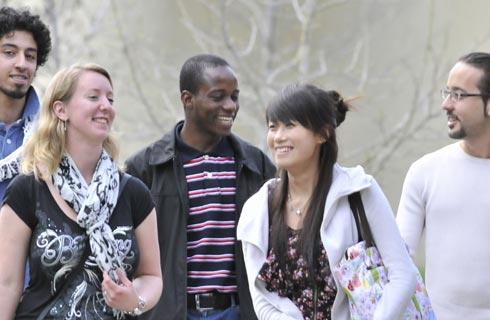
MA Theatre Directing
学历文凭
Masters Degree (Taught)
开学日期
课程费用总额


MSc Structural Engineering
学历文凭
Masters Degree (Taught)
开学日期
课程费用总额

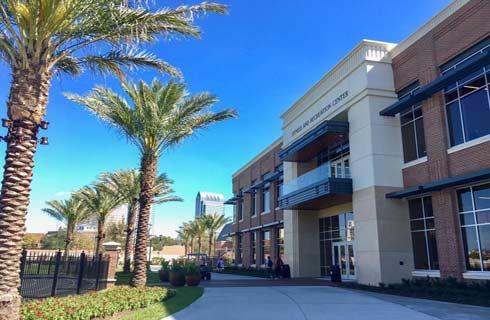
MA Refugee Studies
学历文凭
Masters Degree (Taught)
开学日期
课程费用总额


MSc Public Health
学历文凭
Masters Degree (Taught)
开学日期
课程费用总额

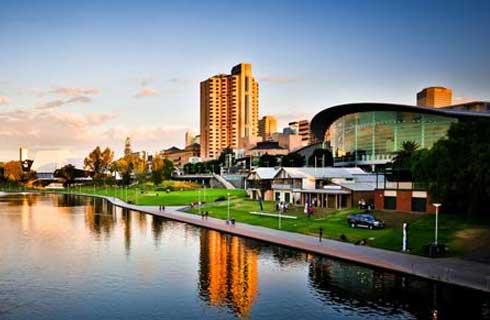
MSc Psychology
学历文凭
Masters Degree (Taught)
开学日期
课程费用总额

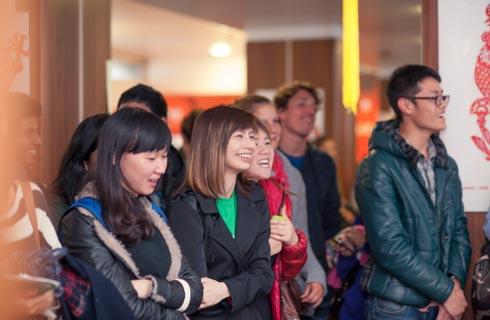
MSc Occupational and Organisational Psychology
学历文凭
Masters Degree (Taught)
开学日期
课程费用总额

其他相关课程

咨询和心理治疗研究生证书
 阿德莱德大学
阿德莱德大学泰晤士高等教育世界大学排名:111
学历文凭
Graduate Certificate
开学日期
课程费用总额

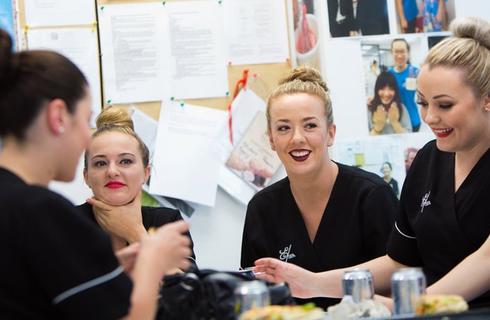
社会工作硕士
 塔斯马尼亚大学
塔斯马尼亚大学学历文凭
Masters Degree (Coursework)
开学日期
课程费用总额


教育学士学位(R-7年级)和特殊教育学士学位
 弗林德斯大学
弗林德斯大学泰晤士高等教育世界大学排名:301
学历文凭
Dual Degree
开学日期
课程费用总额


社会工作硕士
 乐卓博大学
乐卓博大学泰晤士高等教育世界大学排名:251
学历文凭
Masters Degree (Coursework)
开学日期
课程费用总额


咨询硕士
 莫道克大学
莫道克大学泰晤士高等教育世界大学排名:351
学历文凭
Masters Degree (Coursework)
开学日期
课程费用总额

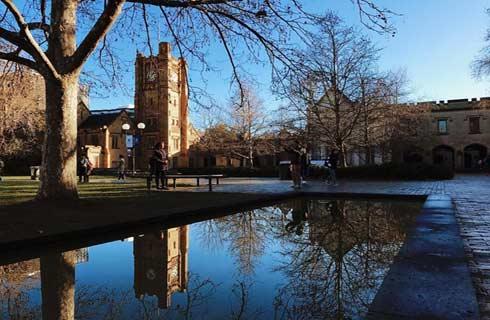
社会工作硕士(专业资格)
 詹姆斯·库克大学
詹姆斯·库克大学泰晤士高等教育世界大学排名:351
学历文凭
Masters Degree (Coursework)
开学日期
课程费用总额



























